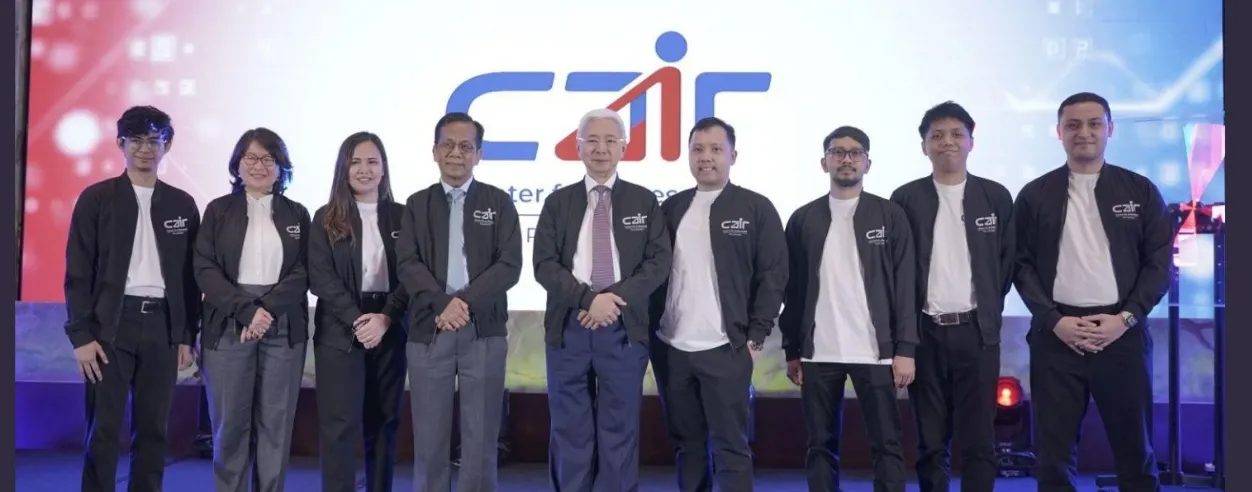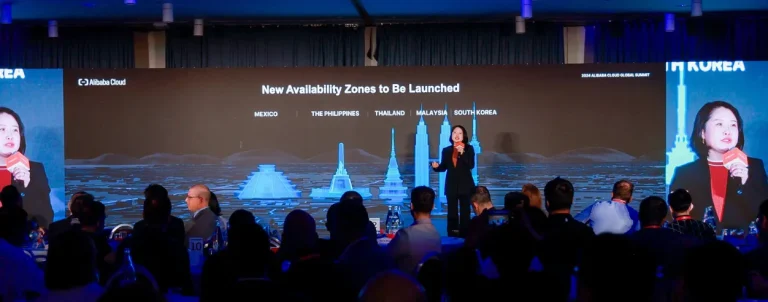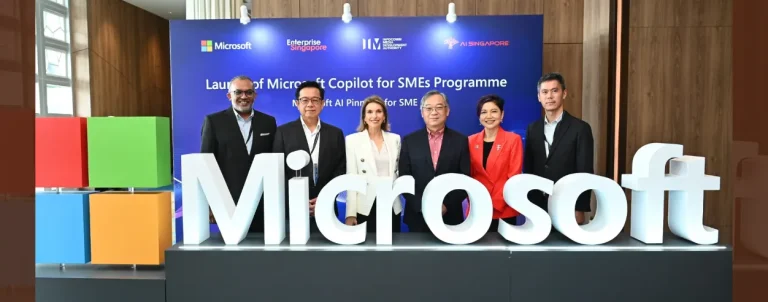Manila, Philippines – In an effort to support the country’s adoption of artificial intelligence, the Department of Trade and Industry has recently inaugurated the national AI strategy roadmap 2.0 and the centre for AI research in the Philippines.
This move is supported under the mandate of Republic Act No. 11981, or the Tatak Pinoy Act, and the Asian Development Bank, whose initiatives are aimed at driving innovation, strengthening the economy, and improving the lives of Filipinos through strategic AI adoption.
In this initiative, the AI Roadmap 2.0 incorporates new technologies, such as generative AI, to harness new opportunities for the Philippine economy and enhance the lives of its citizens.
It also seeks to address critical challenges hindering AI adoption in the country, including limited use cases of AI, limited human and physical resources within industries, the difficulties faced by enterprises in developing data strategies, and the uncertainties surrounding AI regulation and legal frameworks.
In terms of accelerating AI integration, the said initiative also prioritises increasing the national research and development budget to the UNESCO-recommended target of 1% of gross domestic product.
It further intends to elevate upskilling and reskilling the workforce to meet the growing demand for AI and data science professionals, which remains a top priority.
The centre for AI research, on the other hand, aspires to harness AI’s transformative power to address pressing societal and industrial challenges, fuel economic growth, and promote inclusive development.
More specifically, it actively explores AI, machine learning, and Gen AI solutions from Amazon Web Services, seeking to enhance government and citizen services, beginning with healthcare and expanding into agriculture by 2024.
At the same time, the DTI is engaging with AI Singapore to explore R&D solutions tailored to the unique challenges faced by Southeast Asian industries. The said alliance aligns with the CAIR’s goal to create global links and elevate the Philippines’ contribution to boosting the technological capabilities of industries across the region.
The research institution in this case promotes socio-economic R&D, enhances scientific knowledge, strengthens the country’s technological competitiveness, and provides AI solutions for regional challenges such as sustainable agriculture, urban planning, and disaster resilience.
Commenting on the initiative, Fred Pascual, secretary at the Department of Trade and Industry, said, “The success of NAISR 2.0 is anchored on the implementation of a whole-of-nation approach. This necessitates breaking down silos that hinder collaboration across various sectors and stakeholders, including government, industry, academia, and civil society.”
“We will harness the power of AI to create solutions that are not only groundbreaking but also inclusive and beneficial to all. Together, we are building a future where AI drives our nation’s progress and ensures the inclusive development of all stakeholders,” he further added.











